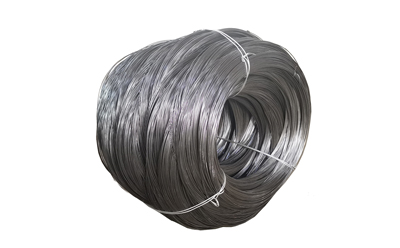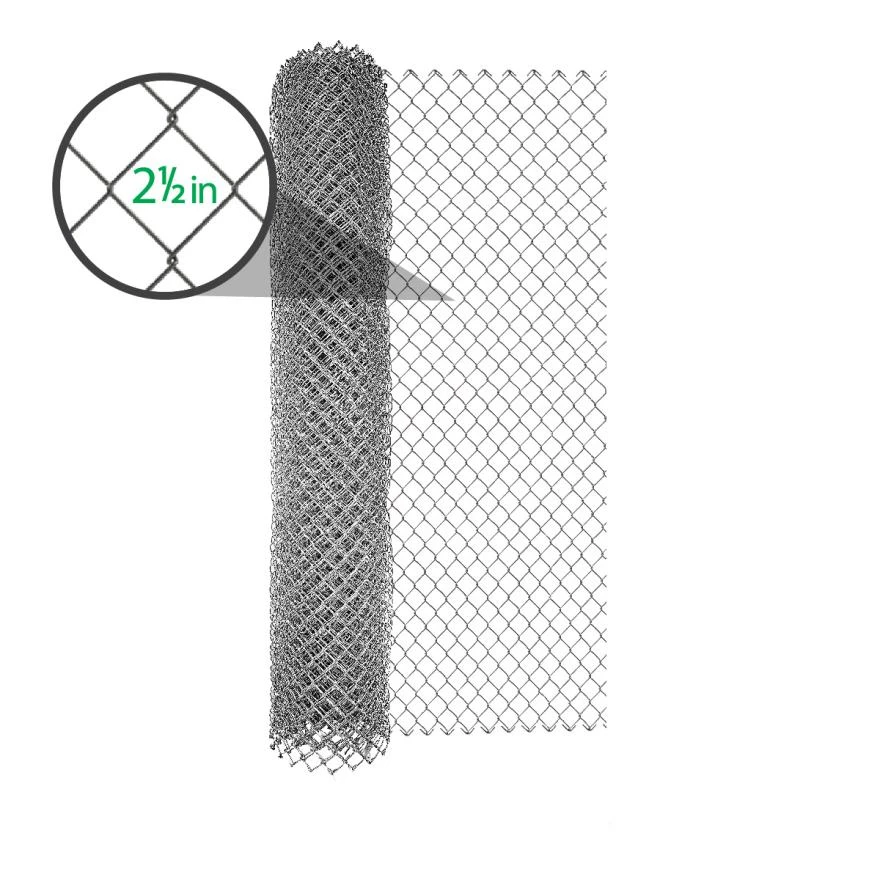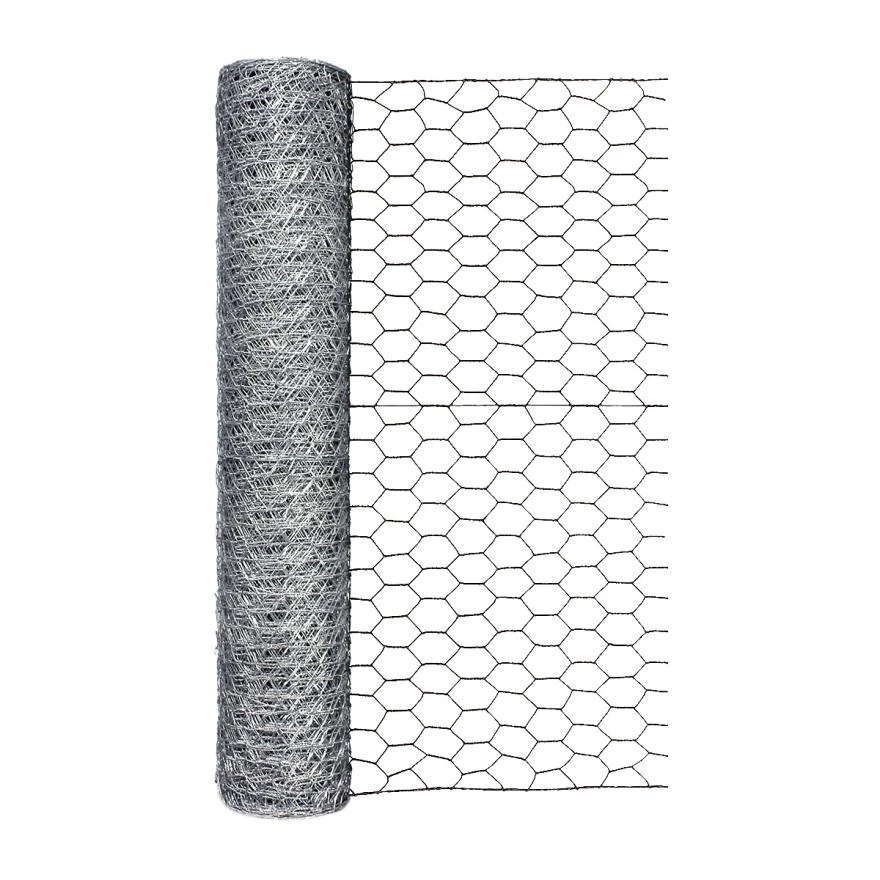Choosing the Right Small Trailer Springs for Enhanced Performance and Durability in Your Travels
Jul . 27, 2024 02:38
Understanding Small Trailer Springs Essential Components for Safe Towing
When it comes to towing trailers, whether for recreational purposes like camping or for transporting goods, the importance of having the right components cannot be overstated. One of the critical parts that ensure a smooth and safe towing experience is the trailer springs. Small trailer springs, in particular, play an essential role in the overall functionality and safety of lightweight trailers. This article delves into the significance of small trailer springs, their types, and maintenance tips to keep them in optimum condition.
The Role of Trailer Springs
Trailer springs are designed to support the weight of the trailer and its cargo. They absorb shocks and bumps from the road, enabling a stable and even ride. Good-quality springs prevent excessive sway, help maintain tire contact with the road, and reduce wear and tear on both the trailer and the towing vehicle. This is especially crucial for small trailers, which often encounter a variety of road conditions and weight distributions.
Types of Small Trailer Springs
There are several types of springs used for small trailers, including leaf springs, coil springs, and torsion axles. Here’s a brief overview
1. Leaf Springs These are the most common type of springs for trailers. Typically made from layers of steel, leaf springs provide excellent support for heavier loads. When properly installed, they allow for a smooth ride by flexing under pressure, which absorbs road shocks.
2. Coil Springs Coil springs are another option, often used in smaller, lighter trailers. They offer a softer ride compared to leaf springs but may not handle as much weight. Coil springs are ideal for applications where comfort is a priority over capacity.
3. Torsion Axles This type incorporates rubber cords and is designed to absorb shock without the need for traditional springs. Torsion axles provide a smoother ride and are less prone to wear and tear, making them suitable for long-distance towing.
Choosing the Right Springs
small trailer springs

Selecting the right type of spring for your small trailer depends on various factors, including the trailer's weight, intended use, and road conditions. It’s important to refer to the manufacturer’s guidelines to ensure compatibility. Overloading a trailer or using inappropriate springs can compromise safety, leading to potential accidents or damage to both the trailer and the towing vehicle.
Maintenance Tips for Small Trailer Springs
Keeping trailer springs in good condition is paramount for safe towing. Here are some practical maintenance tips
- Regular Inspections Periodically check for any signs of wear, such as cracks or rust on the springs and mounting hardware. Identifying issues early can prevent breakdowns on the road.
- Lubrication Ensure that moving parts of the springs are adequately lubricated to minimize friction. This will extend their lifespan and maintain optimal performance.
- Load Management Be cautious about how much weight you load onto your trailer. Avoid exceeding the weight capacity specified by the manufacturer, as this can strain the springs and lead to premature failure.
- Proper Storage When storing the trailer, keep it in a dry, sheltered place to prevent rust and corrosion. Using a trailer cover can also protect against the elements.
Conclusion
In conclusion, small trailer springs are a vital component for ensuring a safe and comfortable towing experience. Understanding the various types of springs available, choosing the right one for your needs, and performing regular maintenance can significantly enhance the longevity and reliability of your trailer. Whether you're transporting goods or embarking on a weekend getaway, investing in quality trailer springs will ensure that your journey is smooth and trouble-free. Always prioritize safety and maintenance to enjoy years of reliable trailer use.









 Unity
Unity Creation
Creation Challenge
Challenge Contribution
Contribution










